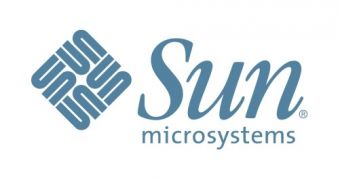Sun Microsystems has announced that it has re-scheduled the launch date for its Rock processor a year later. The next generation of the company's UltraSPARC server chip was delayed to the second half of 2009 in order to allow the company to perform additional, extensive tests. The company's initial estimations claimed that the ship will be available for the second half of 2008.
"Rock is an entirely new design and given its uniqueness and complexity, Sun is investing heavily to fully validate the chip and to do advanced testing on the entire hardware and software stack of future systems to be powered by Rock processors," the company said in a statement. "Systems based on the Rock processor are expected to be available in the second half of calendar year 2009."
Although the chip has been delayed, its manufacturer would not admit the occurrence of some major flaws in the CPU design, and said that the delay is merely for quality assurance purposes. "Sun continues to evolve its systems portfolio on multiple fronts and early Rock chips are testing well in Sun Labs," the company said.
Sun's Rock is not only different at the architecture level, but at the same time it comes with brand-new technologies to improve its computing efficiency. For instance, the Rock comes with scout threads and transactional memory, two features that will play an extremely important role in the development of the next generation of multi-core processors.
The Rock is a 16-core server-oriented processor, and each of its cores features two simultaneous analog computing threads as well as up to two scout threads. According to Mark Tremblay, CTO of Sun's microelectronics group, the scouts can perform miscellaneous tasks, such as pre-fetching, executing, and retiring instructions in an out-of-order fashion.
At the moment, Sun competes with other companies in developing next-generation, high-powered server chips. Its rivals on the server market count Intel and IBM, that both have had a strong presence during the International Solid State Circuits Conference in San Francisco.

 14 DAY TRIAL //
14 DAY TRIAL //